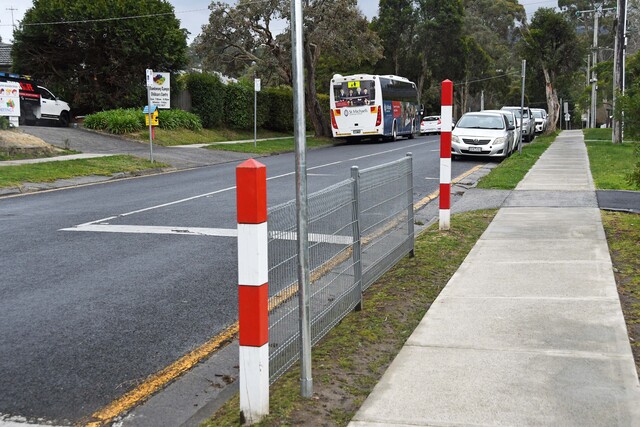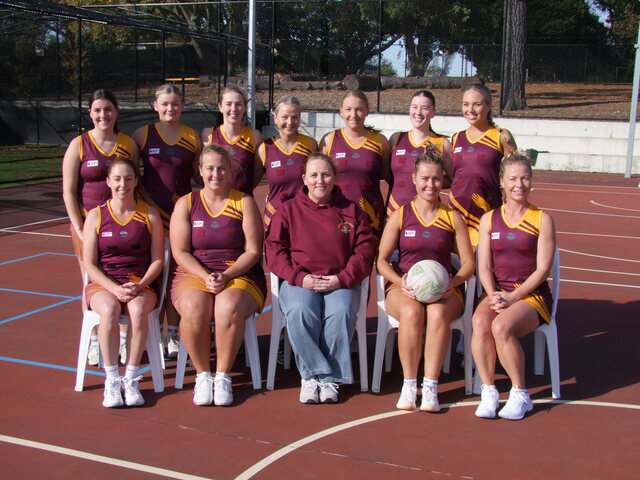By Casey Neill
ANGLISS Hospital is “pleased” with its latest service report card, but a local MP says it reveals alarming State Government mismanagement.
Releasing the Your Hospitals report for last July to December on 17 July, Health Minister Daniel Andrews said the Upper Ferntree Gully hospital performed strongly during the period.
But Opposition Ferntree Gully MP Nick Wakeling said the report showed the State Government was not funding the health system adequately.
Mr Wakeling said 56 semi-urgent elective surgery patients waited more than 90 days for their operations at the Angliss, and that it failed to meet two emergency department benchmarks.
He said the hospital cancelled 151 patients’ elective surgery, up from 122 during the same period in 2007, and turned away ambulances with non-urgent patients more often than during the previous four years.
But Angliss Hospital and Yarra Ranges general manager Natalie Sullivan said the hospital performed strongly despite increasing demand for services.
Ms Sullivan said the Angliss chalked up several key improvements, particularly in elective surgery.
“Decreases in the number of people awaiting semi-urgent and non-urgent elective surgery reflect that Angliss Hospital has treated more patients in the second half of last year,” she said.
She said the result was in part because of extra elective surgery funding from the Federal Government.
“Similarly, we have been able to treat our Category 2 patients more quickly – with nearly all (99 per cent) receiving their surgery within 90 days,” she said.
The report revealed the Angliss transferred 76 per cent of emergency department patients to a bed within eight hours and 77 per cent of non-admitted patients stayed less than four hours – both below the 80 per cent target.
“Greater demand for our services and increasing complexity of patients presenting at our emergency department has proven challenging,” Ms Sullivan said.
She said the Angliss was on ambulance bypass for 1.1 per cent of the second half of 2008, “which is well below the state benchmark of 3 per cent”, she said.
Ms Sullivan said increasingly complex emergency department cases and occasional staff shortages were to blame for a slight increase on previous years.
Lib slams Angliss
Digital Editions
-

Parking changes pose problem at Upwey South Primary School
Purchase this photo from Pic Store: 490627 A change to the parking and drop-off areas at Upwey South Primary School has drawn the ire of…





